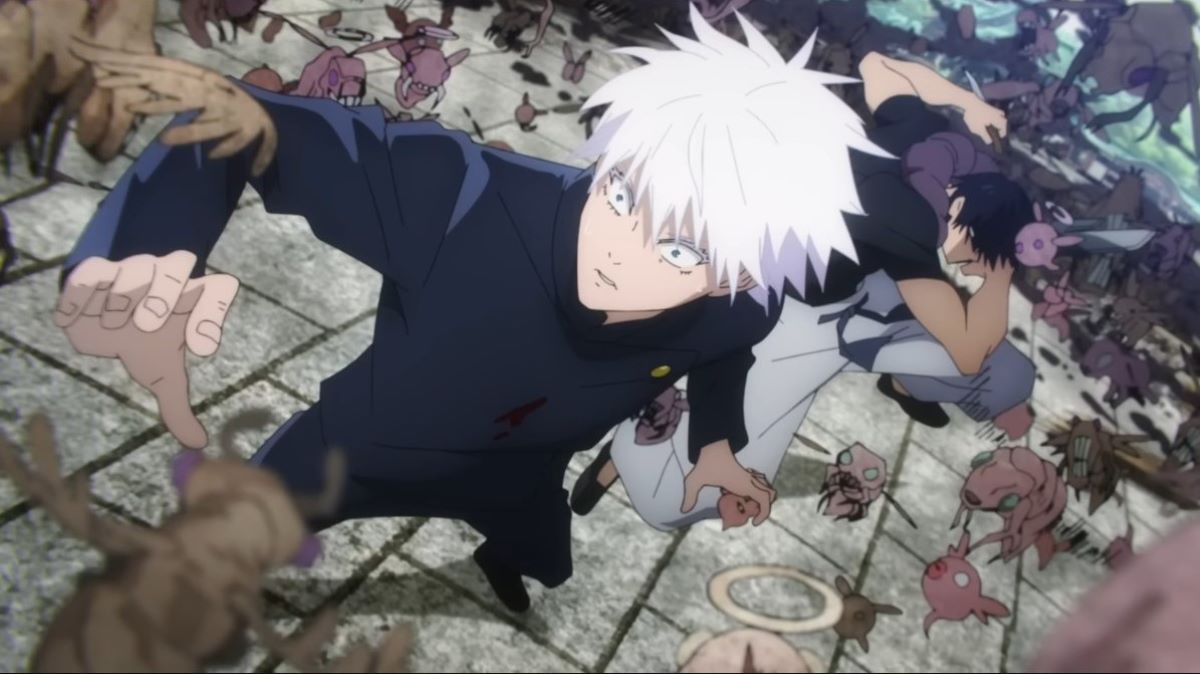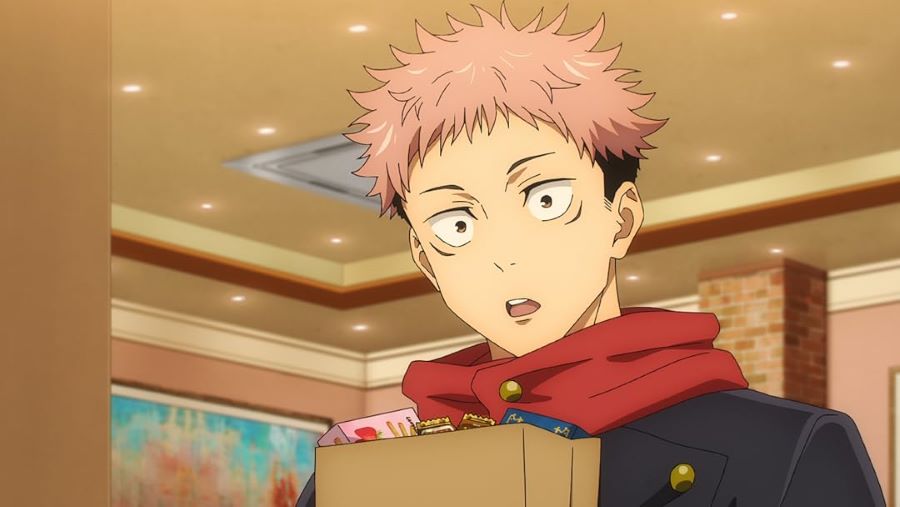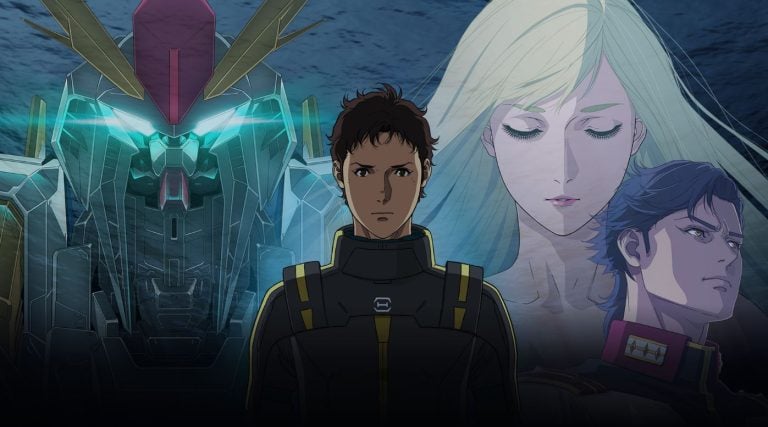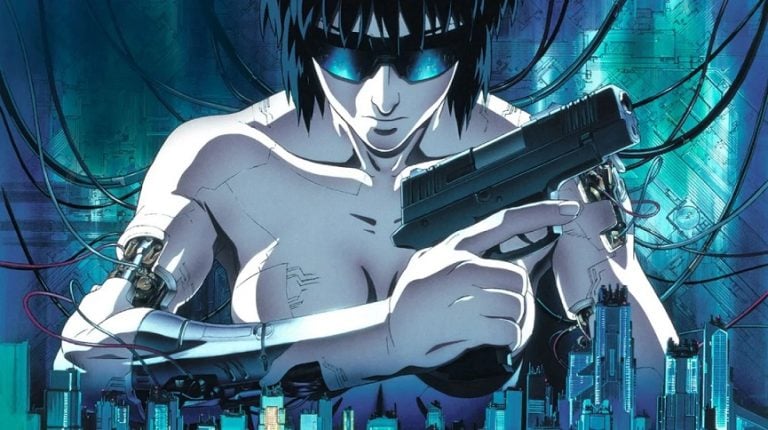A UN human rights committee report on Japan has highlighted troubling issues that encourage worker exploitation in Japan’s media and entertainment industries, particularly the animation sector. This has sparked concern in Japan as to how deeply rooted issues in the anime industry could make the country unable to meet its goals for boosting anime output, and could even result in the industry’s collapse (source: Nikkei Business).
Anime is a huge, growing part of Japan’s soft power. In 2023, 20% of anime industry profits came from outside Japan, with the global market on an upward trend. Furthermore, Japan’s Cool Japan strategy for economic growth was revised this May, with video games and anime as the core industries. The plan aims to increase the size of the overseas market by over 20 trillion yen by 2033. However, current problems within the anime industry may hinder this goal.
Speaking at the September 9 meeting of the Public-Private Council on the Content Industry (a Japanese government committee set up with the aim of strengthening the nation’s animation and film industries), Japan’s then Prime Minister Fumio Kishida , pointed out that “An environment in which creators can work with peace of mind in regard to labor conditions and salary payment is not yet in place.”
Kishida’s words reflect the report by the UN published in May 2024, which found that problems within Japan’s animation industry are “creating an environment ripe for exploitation.” Key issues highlighted by the report include the large gap between the anime industry’s profits and the wages of animators, as well as contract and labor law issues.
The report found that over 30% of animators are working as freelancers or independent contractors, which means that they are not protected under current labor laws. This “enables excessively long working hours and perpetuates unfair subcontracting relationships,” The report also highlighted issues with animator contracts, which often fail to protect animators’ intellectual property rights (this affects manga artists too). Overall, these circumstances and a lack of repercussions for anime production companies engaging in unfair practices create an environment in which animators can be easily exploited.

As we previously reported, animator wages, especially those for entry level animators, are very low. As an industry source quoted in the Nikkei Business article explains. “The unit price for animation is around 250 yen (approx. $1.60 USD), and that figure hasn’t changed in over 10 years.” Even if an animator did 300 units a month, they would only make 75,000 yen (approx. $500 USD), making it impossible for most animators to survive doing animation work alone. The UN report found that the average annual starting salary for an animator is merely 1.5 million yen (roughly $10,000 USD).
At the same time, the Nikkei Business article highlighted that anime production companies have low finances and a lack of power, so it is difficult for them to raise wages for animators without going bankrupt themselves. Intellectual property rights to anime and merch are often fully owned by members of the anime production committee (i.e. the TV stations, advertising agencies, and other investors who financed the anime). Some anime production studios are not members of the production committee, so they do not receive any royalties.
This has created a situation where stagnant wages and overwork are causing experienced animators to leave the industry, leading to a lack of technical skills. This exodus of experienced staff is making it harder for anime production companies to produce quality animation, let alone increase their output- leading to some animation work being outsourced overseas. The UN report posits that “it is imperative that businesses in this sector, including anime production committees, address these issues and exercise leverage to enhance decent work for animators and prevent the potential collapse of this industry.”
Senior researcher Yosuke Yasui of the Japan Research Institute, who has conducted research on this issue, opined that the problems run too deep for the industry to solve internally. “Industry practices are so entrenched that anime production studios cannot overcome the current situation on their own. The situation calls for government intervention.”
The Nikkei Business article also voiced concerns that labor issues within the anime industry could lead to boycotts from overseas distributors like Netflix and Amazon. Although no such steps have been taken, it seems that Japan will need to reform its anime industry in order to meet its high growth targets.





